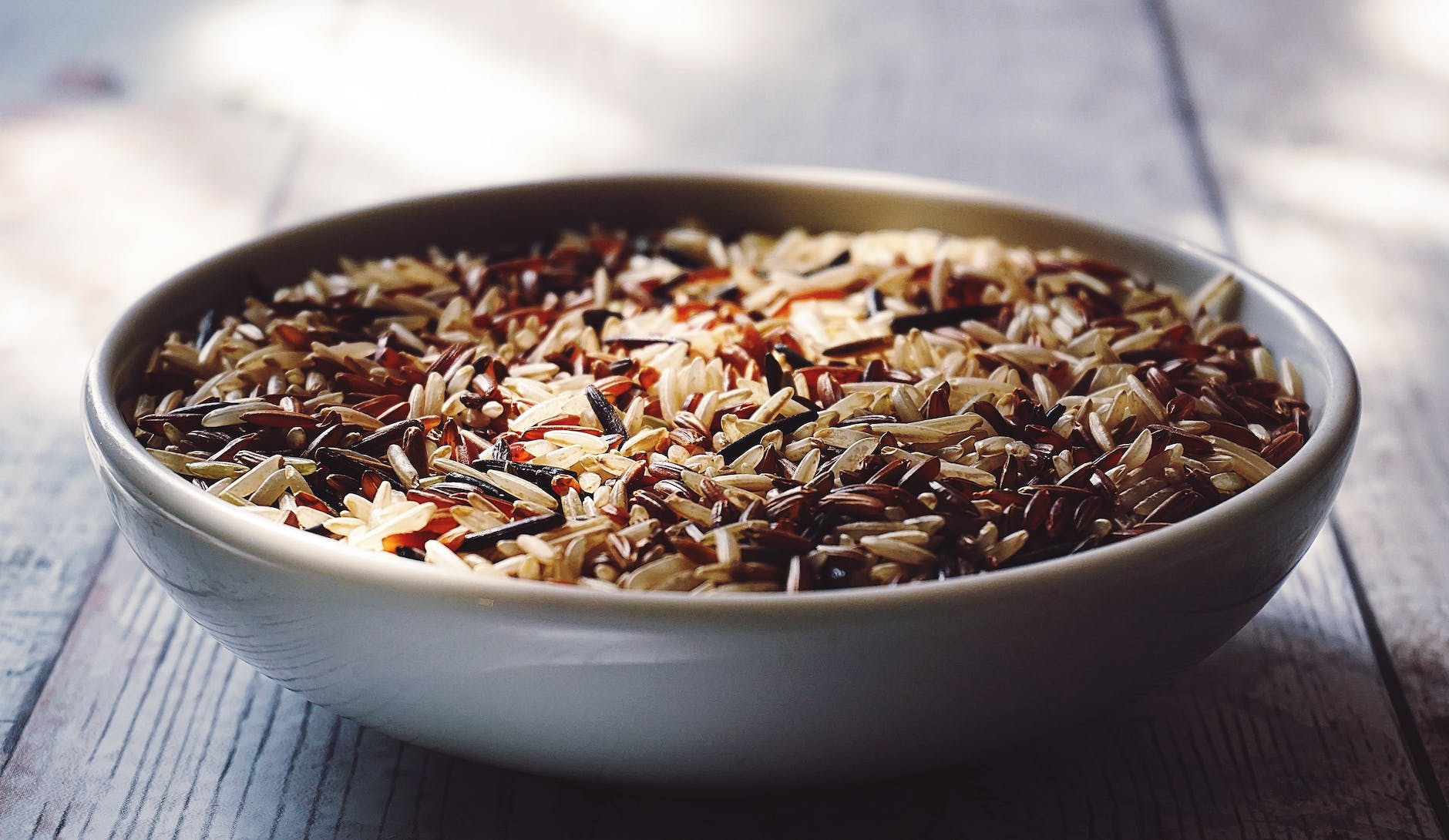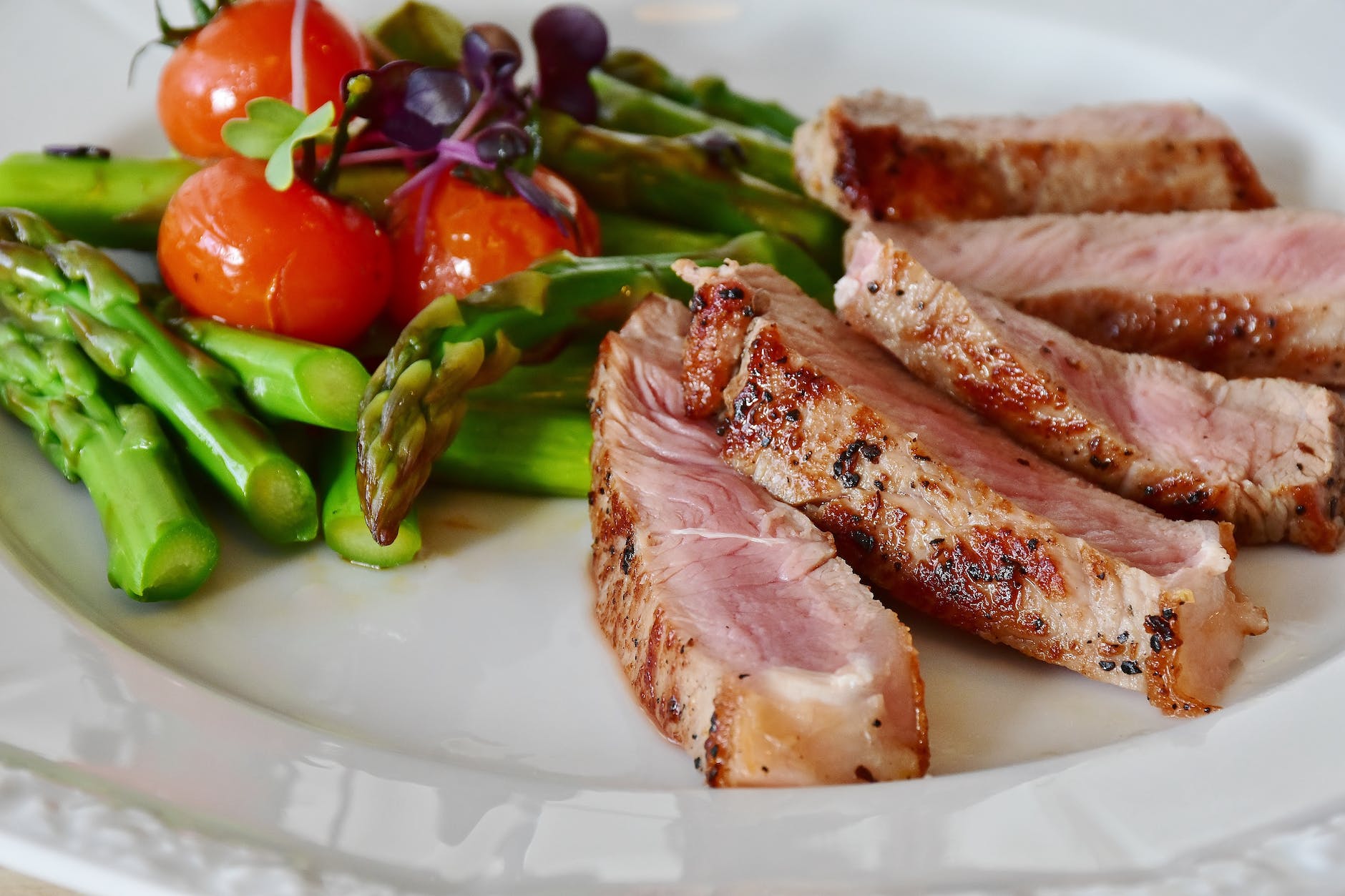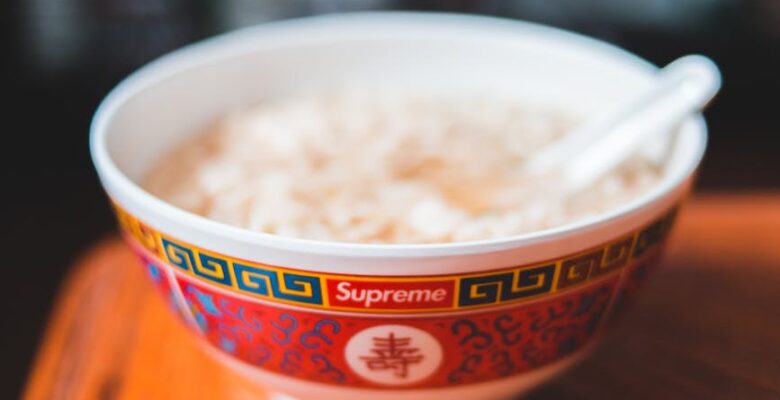Are you on a low-carb diet? Here’s how to eat balanced meals and snacks, which include low-carb grains, meats, fruits, and veggies.
If you’re following a low-carb diet or simply trying to reduce your carb intake, you might be wondering what foods you can eat. Another typical issue that people on low-carb diets have is how much carbs are in meals like quinoa and oatmeal—healthy whole grains that have carbs but also a lot of value. And what kinds of vegetables, fruits, and proteins may you eat, and how many carbohydrates do they contain?
Whatever diet you follow, the key to avoiding feeling deprived is to eat a variety of foods from all dietary groups, including grains.

On a low-carb diet, we recommend getting roughly 40% of your calories from carbs—or at least 120 grams of carbs altogether each day. As long as the carbs come from healthy foods, that amount promotes brain and nervous cell activity and helps to satisfy nutrient needs. It’s also more manageable and less restrictive than extreme low-carb diets like the ketogenic diet.
Continue reading to learn about our top 30 healthful low-carb foods. The USDA’s FoodData Central database is used to calculate carbohydrate levels and other nutrition facts.
Grains with Low Carbohydrates
1. Quinoa
18 g carbs in 1/2 cup cooked quinoa
Quinoa is one of the most popular grains due to its high protein and fiber content—8 and 5 grams per cup, according to the USDA. But keep in mind that just because it’s a higher-protein grain doesn’t imply it’s low in carbohydrates. A 1/2 cup of cooked quinoa contains 18 grams of carbohydrates, so keep that in mind when planning your day.
2. porridge
1 cup cooked oatmeal equals 28 g carbs.
If you’re going to eat a lot of carbs, even if you’re on a low-carb diet, make it oatmeal. According to a 2019 review in Nutrients, oats contain beta-glucan, which aids digestion and improves blood cholesterol levels.
Whether you choose old-fashioned, quick-cooking, or steel-cut oats, they all include roughly 27 grams of carbs per 1/2 cup dry. Buy plain instant oats rather than flavored quick oats, which contain a lot of added sugar.
3. Pappardelle
30 g carbs in 1 cup cooked polenta
Polenta, made from cornmeal, has a consistency comparable to Cream of Wheat. You may make it at home or buy it ready-to-eat in rolls that you slice. A 1/2 cup serving has only 15 grams of carbohydrates. Because polenta is gluten-free, it is an excellent choice if you are sensitive to gluten or have celiac disease.
Proteins with Low Carbohydrate Content
Most proteins, particularly animal proteins, are low in carbohydrates. The following is a list of healthful proteins that are low-carb friendly, as well as their carb counts.
4. Eggs
One big egg has 0.5 g of carbs.
According to the USDA, one large egg has 5 grams of fat, 6 grams of protein, and approximately 0 grams of carbohydrates in a 72-calorie packet. While you may have been encouraged to believe that the egg white includes all of the protein in an egg, according to a 2022 review in Nutrients, the yolk comprises about half of the protein in an egg.
If you are concerned that consuming the yolk will raise your cholesterol levels and cause health issues, a 2019 study published in the American Journal of Clinical Nutrition found that Eggs contain cholesterol, but they do not increase the risk of stroke, even in persons who have a genotype that makes them more susceptible to dietary cholesterol. Eggs are also high in minerals such as vitamin D, lutein, and choline.
5. Beef
4 ounces raw beef round, top round has 0 g carbohydrate
Meat is allowed since it is entirely protein with no carbohydrates (or fiber). While chicken is a well-known lean protein source, the USDA classifies various types of beef as “lean” or “extra lean.” Top round roast, Bottom Round Roast, eye of round roast, and top sirloin steak are all excellent selections.

6. Hemp Seeds
The nice thing about hemp seeds is that they can be sprinkled on foods like yogurt, salads, or oatmeal to offer a nutty crunch and a rich amount of vegetarian protein. According to the USDA, a 3-tablespoon serving has 166 calories, 9.5 grams of protein, and 1 gram of fiber. Three tablespoons of hemp seeds are also high in magnesium and zinc.
7. Shrimp
3 ounces cooked shrimp has 0.17 g carbs
These crustaceans are excellent additions to meals, especially if you are trying to reduce weight. According to the USDA, three ounces of shrimp contains a tremendous 20 grams of satisfying protein for only 84 calories. Grill them or lightly sauté them—breading and frying add extra calories. For meal ideas and inspiration, browse our collection of Healthy Shrimp Recipes.
8. Tofu
1 ounce extra-firm soy tofu has 2 g carbs
Soy is a wonderful choice when you need a lot of protein but only a few carbs, whether it’s edamame, tofu, or soy milk. A 3-ounce serving of extra-firm tofu contains only 2 grams of carbs and 3 grams of protein, according to the USDA. A cup of shelled edamame contains 18.5 grams of protein and is somewhat higher in carbohydrates, with 14 grams.
One cup of unsweetened soymilk has 7 g of protein and 4 g of carbohydrates. If you choose soymilk, be sure it’s unsweetened, as sweetened versions may contain more than twice the carbs due to the additional sugar.
9. Seitan
1 ounces seitan has 5 g carbs
You might believe you should avoid seitan, a vegetarian meat substitute produced from wheat gluten, because, well, wheat has carbs. According to the USDA, a 3-ounce portion has only 5 grams of carbohydrates and an amazing 21 grams of protein. You can season seitan to taste like meat, whether you buy it or make it yourself.
10. peanut butter
2 tbsp peanut butter has 7 grams of carbs.
Because peanuts are actually a legume (in the same family as beans), they do include carbohydrates—in this case, 7 grams per serving. According to the USDA, 2 tablespoons of peanut butter include 7 grams of protein and 16 grams of good, satiating fats. Many brands of peanut butter contain sugar, such as honey and maple syrup. Choose those made entirely of peanuts to reduce sugar (and carbohydrates). Other low-carb nut kinds of butter to try are almond butter, cashew butter, and pistachio butter.
